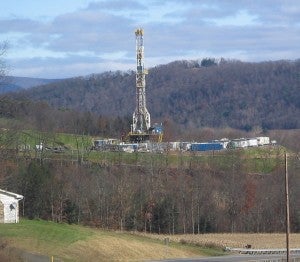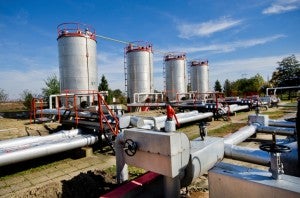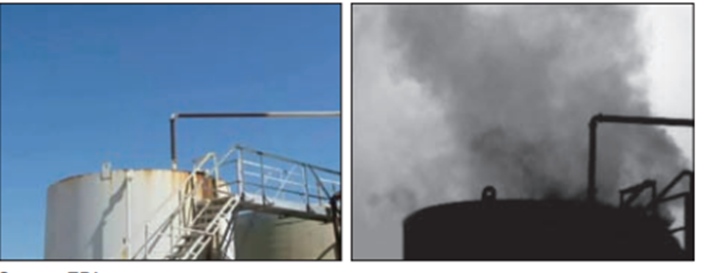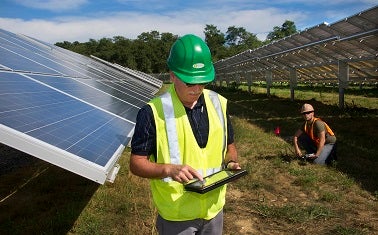 The Environmental Protection Agency just released the draft of its yearly greenhouse gas emissions inventory. It shows in no uncertain terms that methane emissions from the oil and natural gas sector are going in the wrong direction: Up.
The Environmental Protection Agency just released the draft of its yearly greenhouse gas emissions inventory. It shows in no uncertain terms that methane emissions from the oil and natural gas sector are going in the wrong direction: Up.
Emissions from this overall sector are up two percent in 2013, which includes emissions from oil (petroleum) systems which were at their highest levels ever since estimates began in 1990 – and up 68 percent since 2005. Emissions from natural gas processing, where impurities are removed to produce pipeline quality gas, are up 38 percent since 2005. From transmission and storage: Up 11 percent.
Yet the industry’s public relations machine says emissions are falling. So what’s the disconnect? Read More










 In the summer of 2013, researchers aboard a four-engine P-3 Orion aircraft – a variant of the plane used by the U.S. Navy to track submarines – flew over three of the nation’s biggest shale gas regions, taking measurements that would allow them to estimate the amount of methane leaking from the production fields below.
In the summer of 2013, researchers aboard a four-engine P-3 Orion aircraft – a variant of the plane used by the U.S. Navy to track submarines – flew over three of the nation’s biggest shale gas regions, taking measurements that would allow them to estimate the amount of methane leaking from the production fields below.


